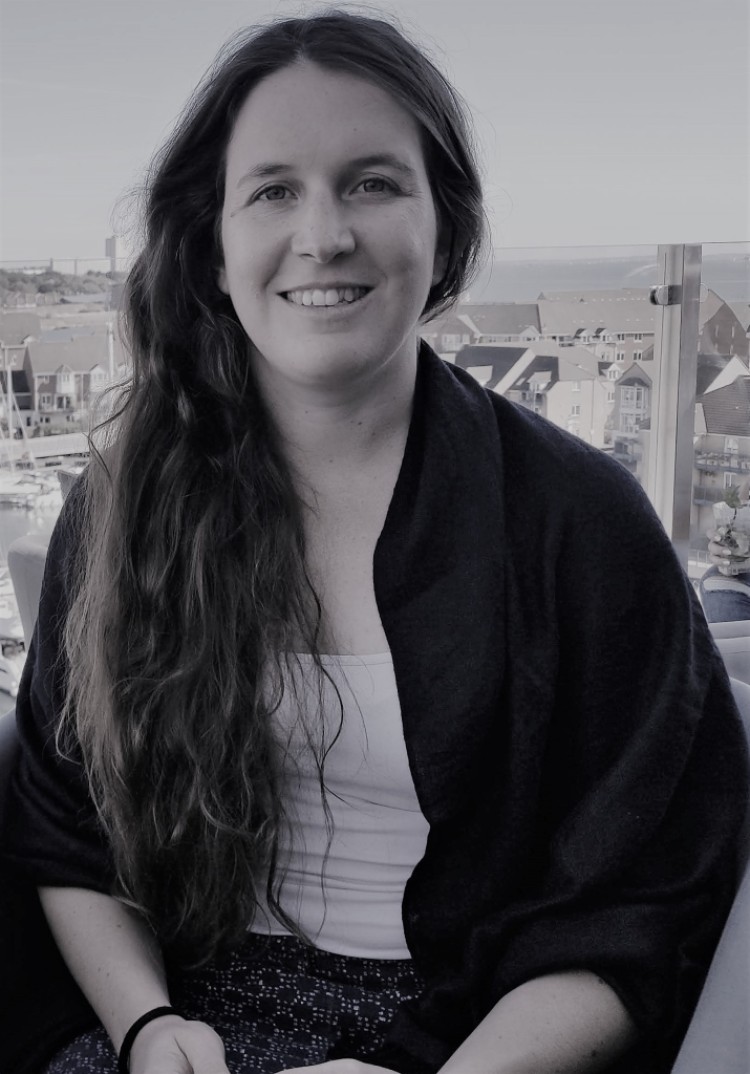About me
I graduated from Pontificia Universidad Católica de Chile with a BA (Hons) in Sociology; completed an MSc in Medical Anthropology (2014) and a PhD in Anthropology (2018) at University College London.
My scholarship engages with techno-scientific practices in cancer research and care in the UK and the USA. I look at the development and implementation of detection and diagnostic technologies, such as molecular diagnostic devices, genomic risk-stratification algorithms, body-changing surgical techniques, chemotherapeutic agents and immunotherapies. I analyze the practices and temporalities that structure these domains as well as the myriad subjectivities and social effects that emerge as a result. Conceptually, I am interested in the potential of technoscientific practices for bringing about new ontological realities that redefine disease categories and lived experiences vis-à-vis notions of ‘engagement’ and ‘progress’ through which members of the public are persuaded to take part in biomedical developments.
My research has been funded by the Chilean National Agency for Research and Development, the Chilean Research Security Fund, the Foundation for the Sociology of Health and Illness, Cancer Research UK, the Philomathia Foundation, and the Alliance for the Early Detection of Cancer.
My post-doctoral research at the University of Cambridge, funded by the Philomathia Foundation, constituted one of the first in-depth anthropological studies of early cancer detection technologies’ scientific development and social effects. I explored the interfaces between scientists’ laboratory practices, the clinical worlds created through the translation of detection technologies, and the experiences of research participants enrolled in associated clinical trials to test those technologies.

Since 2024, I have been a Postdoctoral Scholar at the Institute for Health Policy Studies, University of California, San Francisco, where my primary research focuses on dementia and cognitive decline. I bring my expertise in cancer biomarkers, patient acceptability, and diversity issues into this field. I also remain committed to cancer research, continuing to publish in this area and engaging in collaborations that support the inclusion of underserved communities in both cancer and broader health research challenges.